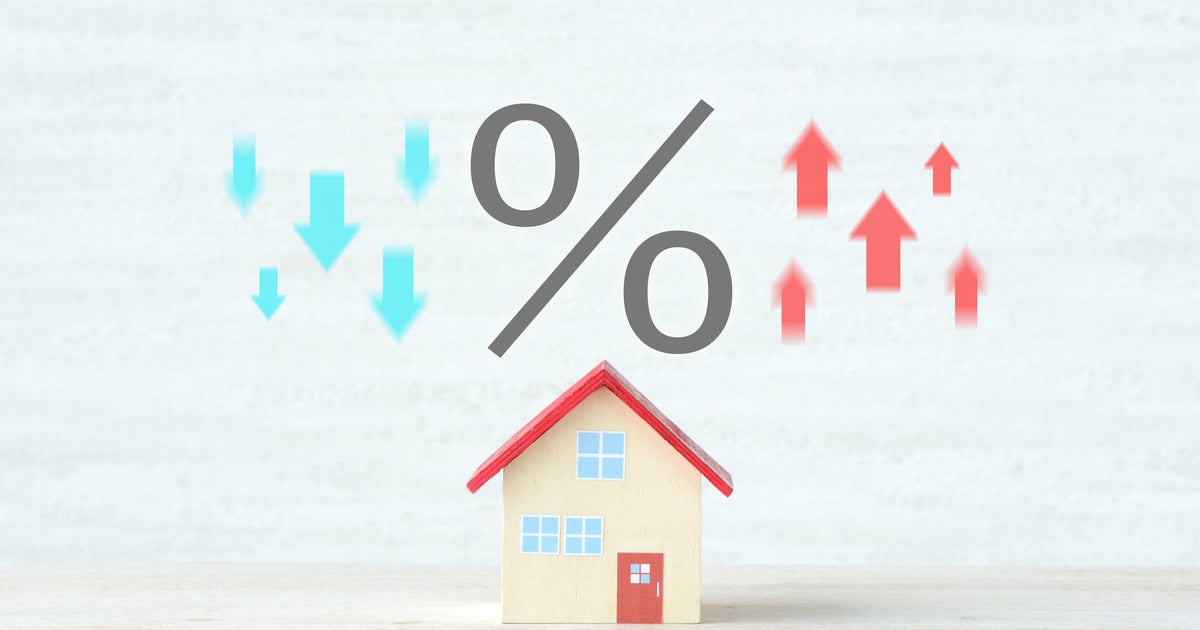Dow soars 1,000 points after government report shows U.S. inflation is edging down
Exhilaration swept through Wall Street Thursday after a government report showed that U.S. inflation eased by even more than economists expected last month.
The S&P 500 jumped 208 points, or 5.6%, to close at 3,956. The Dow rose 1,201 points, or 3.7%, to 33,715 and the tech-heavy Nasdaq surged 7.4%. Treasury yields fell dramatically as bond markets relaxed.
Even bitcoin rose, clawing back some of its steep plunge from prior days caused by the crypto industry's latest crisis of confidence. A slowdown in inflation could mean the Federal Reserve won't be so aggressive about raising interest rates. Such hikes have been the main reason for Wall Street's troubles this year and are threatening a recession.
The yield on the 10-year Treasury, which helps set rates for mortgages and other loans, fell sharply to 3.93% from 4.10% late Wednesday.
All the moves stemmed from the consumer price index (CPI) showing that inflation slowed to a 7.7% annual rate last month, from 8.2% in September. It's the fourth straight month of moderation since inflation hit a peak of 9.1% in June, and it was an even better reading than the 8% that economists were expecting.
Core inflation slows
Inflation also slowed more than expected after ignoring the effects of food and energy prices. That's the measure that the Fed pays closer attention to. So did inflation between September and October.
"The month-of-month rate of inflation is much more informative," said Brian Jacobsen, senior investment strategist at Allspring Global Investments. "On that measure, inflation is still high, but not scary high."
Slower inflation could keep the Fed off the most aggressive path in raising interest rates. It's already raised its key lending rate to a range of 3.75% to 4%, up from close to zero in March.
Hikes to continue
While the data was an encouraging sign, analysts also cautioned against assuming that the battle against inflation is over.
"The Fed is still on track to increase the fed funds rate by 0.50% on December 14," Jeffrey Roach, chief economist for LPL Financial, said in an email. "However, in the near term, investors should respond favorably to these encouraging moves in consumer prices."
Mike Loewengart, head of model portfolio construction at Morgan Stanley Global Investment Office, also warned investors not to get carried away by the seemingly game-changing report.
"The Fed was adamant that it won't hit the brakes on rate hikes until inflation slows, and while the market's rally indicates investors may see light at the end of the tunnel, it will get one more reading before its decision next month," he said. "Remember that even as we see a slowdown, prices remain elevated and have a long way to go before normalizing."
Another potentially market-shaking report will hit Wall Street Friday, when the latest reading arrives on how much inflation U.S. households expect to see coming in future years. Fed Chair Jerome Powell has said he's paying particularly close attention to such expectations.
One of the reasons the Fed has been so aggressive about hiking rates is because it wants avoid a debilitating cycle where expectations for high inflation push people to change their behaviors in ways that lead to even higher inflation.
Stocks have swung sharply this week, with several factors pushing the market both up and down. Investors hope Tuesday's elections may result in a Washington where control is split between Democrats and Republicans. That could prevent the kind of sweeping economic changes that make investors nervous, but the outlook for that is still uncertain as votes are still being counted.
"Today's CPI report, while indicating that inflation is moving in the right direction, does not suggest that inflation has been rooted out of the broader economy. And it does not suggest that Fed's job to restore price stability is complete," Quincy Krosby, chief global strategist for LPL Financial, said in an email.
"Rather, it bolsters the case that if inflation continues along a downward trajectory, the Fed could reach its terminal rate in the first quarter of 2023 with a series of smaller rate hikes," he said.
FTX flameout
Huge losses in the crypto world, meanwhile, were threatening to spill over into other markets and at least dent confidence among investors. Bitcoin was sitting below $16,500 shortly before the inflation report, down from roughly $20,000 a week ago and nearly $69,000 a year ago. It quickly jumped $1,000 within a half hour before settling back around $17,400.
Much of this week's furor for crypto has centered on one of the bigger trading exchanges, FTX, where the industry's latest crisis of confidence caused customers to scramble to pull out their money. Sharp drops in crypto prices can trigger even steeper declines because of how much money many crypto investors have borrowed to make trades, which can amplify market moves.
Lenders are likely forcing those investors to put up more collateral, something called a margin call, and the process could take weeks to play out, according to strategists at JPMorgan. One challenge for the market is that the number of big, financially strong players that can bail out the weaker ones is shrinking, according to the strategists.



